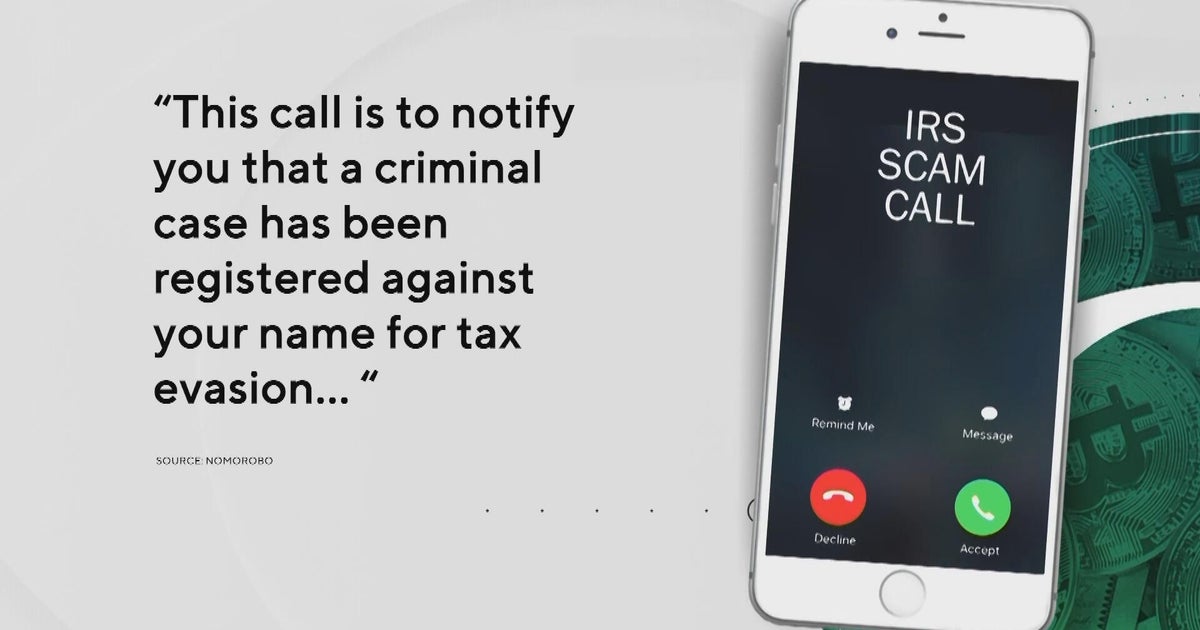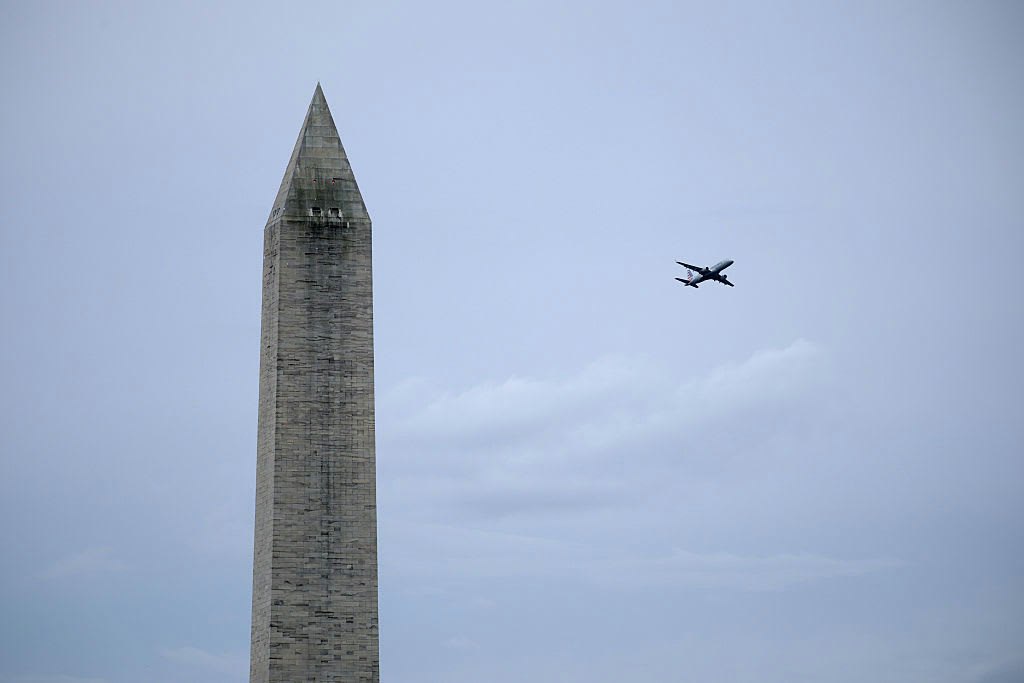More than half of IRS workers recalled to process tax returns stayed home
Fewer than half of the IRS employees who have been recalled to work without pay during the government shutdown returned to their jobs as of Tuesday, congressional and government aides say.
The official start of the tax filing season is Monday, and the Trump administration had said that taxpayers owed refunds would receive them on time—despite a shutdown that entered its 35th day on Friday.
But about 14,000 recalled employees (out of the 26,000 who have been recalled) haven't reported to work, IRS officials told House committee staffers Thursday. Around 5,000 of them have sought permission under their union contract to be absent because of financial hardship. The remaining 9,000 couldn't be reached by IRS managers.
The roughly 12,000 employees who have returned to the job are working without pay.
The many employees staying off the job, some with managers' approval under their contract, makes the possibility of delayed tax refunds loom larger. Already the partial government shutdown and the complexities of a complicated new tax law have burdened an Internal Revenue Service that has been starved for funding for years.
About three-quarters of U.S. taxpayers receive annual refunds. Lower-income households, in particular, depend on refunds as their biggest cash infusion of the year.
Beyond refunds, no audits of tax returns are being done because the IRS auditors all remain furloughed. That's a double-edged problem: A lack of inspections could invite cheating, and the money normally captured by audits isn't flowing to the national coffers.
"The decline in audits has been an ongoing problem at the IRS for many years," says Howard Gleckman, senior fellow at the Urban Institute. "Reducing them even further will only encourage more people to game the tax system — and that's bad for all of us who do pay the taxes we owe."
The administration had planned to eventually send about 46,000 furloughed IRS employees back to work — nearly 60 percent of the IRS workforce.
The recalled employees who haven't reported for work include staffers in IRS processing centers in Ogden, Utah; Kansas City, Missouri; Fresno, California; and Austin, Texas, according to union officials.
The IRS employees' union contract allows them to be absent from work if they experience hardship during a shutdown, and they don't have to use sick days to do so. Managers must approve hardship exceptions, though.
Union officials say they don't support employees staying away "as a form of protest" but they do support workers claiming the exception for true financial hardship.
Jaime Doxey, who's 43, has worked for eight years in the Ogden center, answering taxpayers' questions. She was furloughed and then recalled last week, so she is working without pay for now. Some co-workers, with a single income and children to support, for example, are claiming the hardship exemption. Others have taken second jobs.
Doxey's husband works in the private sector, putting her in a less needy category than others, she says. They have a married son and a daughter in college.
"I just want to be back at work with pay," Doxey said by phone.
If she had to go an additional three weeks without pay, she said, "I couldn't afford to put gas in my car," and might have to invoke the hardship provision.



